Why do so many people survive the infection with the new corona and influenza virus?

There are many potentially fatal infections, such as the new coronavirus infection and the flu, but because humans are protected by the immune system, not all people with the infection die. Regarding such an immune system, the educational YouTube channel
You Are Immune Against Every Disease-YouTube
In order for humans to proliferate, a process of 'fertilizing an egg into an egg, dividing the fertilized egg, and proliferating somatic cells to be born as a newborn baby' is required, and this process takes months.

In addition, it takes years for the newborn to reach a proliferative age.

Bacteria, on the other hand, can make a copy of themselves and grow in about 30 minutes. Viruses can also produce hundreds of copies within hours and billions of copies within days.

For this reason, bacteria and viruses multiply rapidly in the body and repeat mutations. These characteristics make it difficult for the human body to fight bacteria and viruses.

The human immune system is capable of combating the vast variety of rapidly mutating pathogens mentioned above. According to Kurzgesagt, the immune system is the second most complex biological system after the brain.

There are two types of immune system: innate immunity, which is inherently possessed, and acquired immunity, which is acquired in the process of growth. The innate immune system

The immune response of this acquired immunity is achieved by the immune system remembering foreign enemies that have invaded in the past.
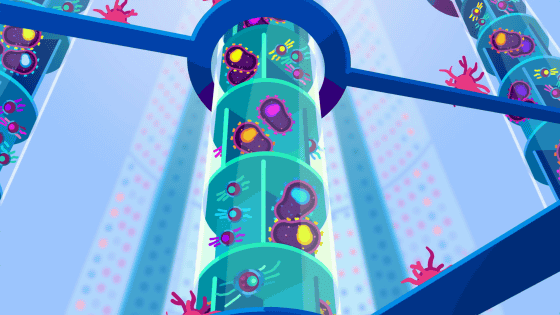
Kurzgesagt explains how the immune system remembers foreign enemies as follows: First, foreign enemies such as bacteria and viruses are made up of a combination of proteins.
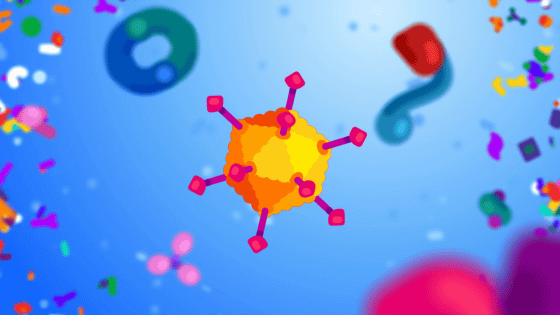
The immune cells
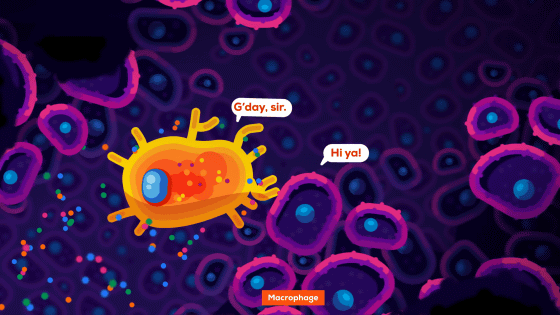
At this time, if the protein is memorized by the immune system, it can be judged 'whether or not it should be attacked', but if it is a protein that is not memorized, it cannot be judged normally. Therefore, the immune system needs to remember as many proteins as possible.
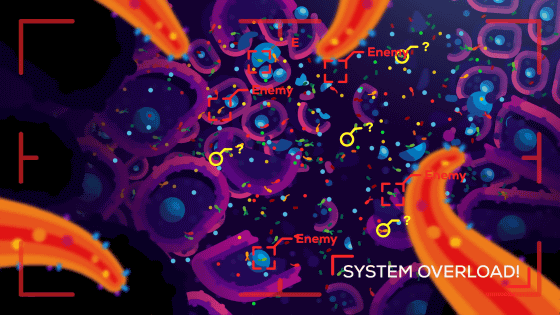
However, proteins are combined like pieces of a 3D puzzle, and there are billions of combinations of proteins around the world. In addition, as mentioned above, bacteria and viruses mutate rapidly, making it seem impossible to memorize all proteins.
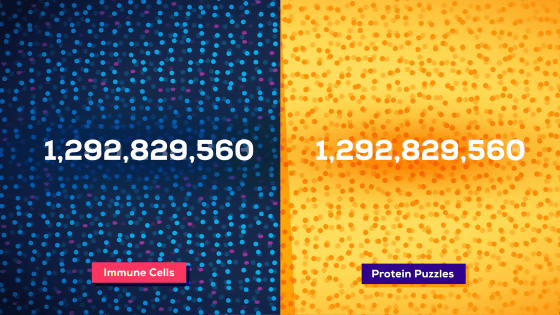
To solve this problem, immune cells obtain a lot of protein information by combining a small amount of genetic information in various combinations.
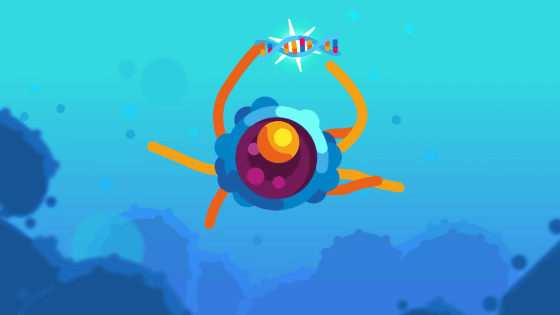
Kurzgesagt describes this 'how to combine genes' as 'it's like making billions of recipes with 100 different ingredients.'
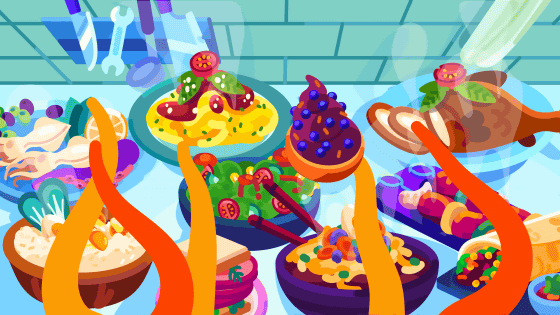
By this method, immune cells have less genetic information ...
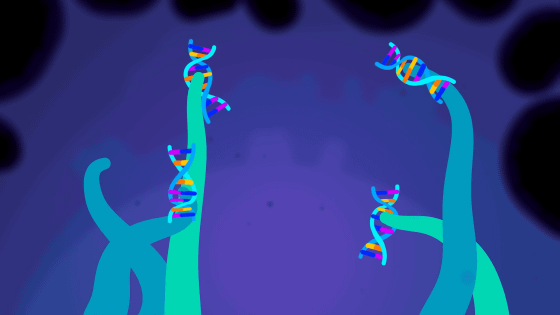
It generates a lot of protein information and produces the corresponding immune cells.
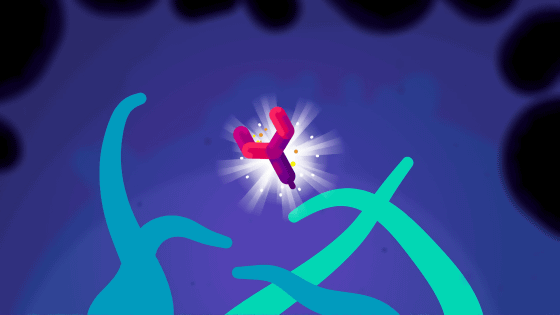
However, when various types of protein information are generated by combining genetic information in this way, there is a possibility that some proteins in the human body will be generated and recognized as 'foreign enemies'.
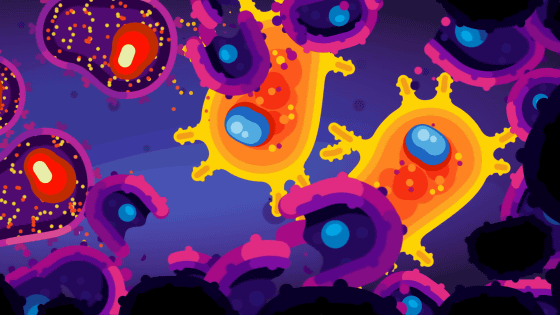
To prevent such a situation, the human body
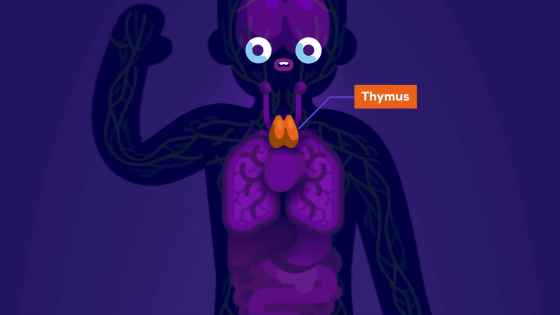
The immune cells produced by the above method pass through the thymus sorting system ...
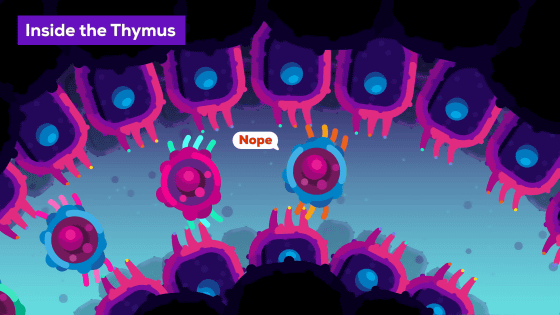
Immune cells that react to proteins needed for survival are broken down in the thymus.
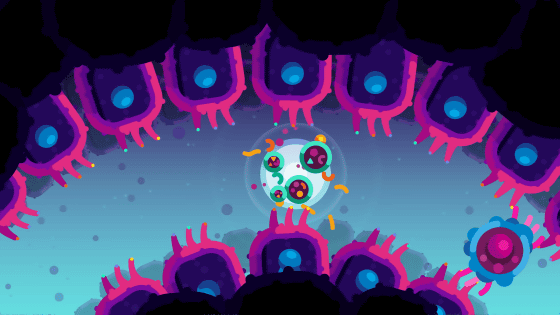
According to Kurzgesagt, only 2% of all immune cells survive thymic selection. For this reason, Kurzgesagt describes the thymus as a 'university with rigorous selection.'
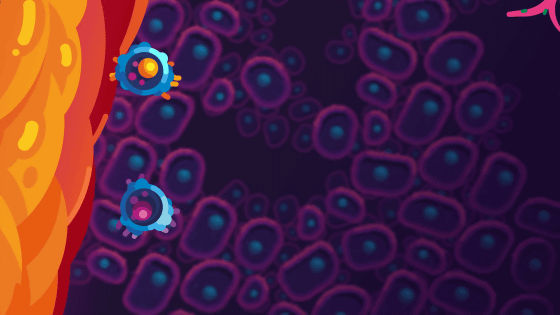
In this way, the acquired immune system produces immune cells corresponding to many proteins, and only the immune cells that do not affect the human body remain in the immune system, so that the human body can secure resistance to many pathogens. That's why.
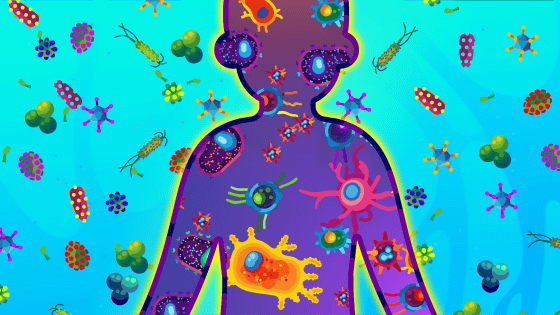
But if the immune system was really working as described above, millions of people would not have died from the new coronavirus infection.
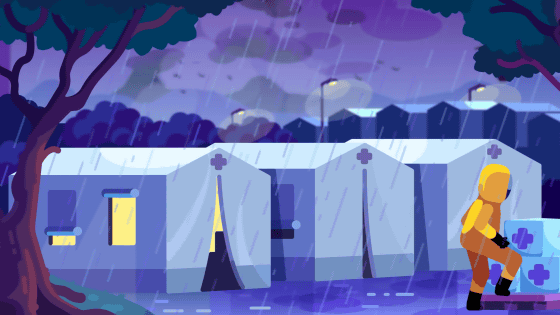
Kurzgesagt said, 'Immune is a very complex system, and pathogens also have mechanisms to deceive immunity. Those mechanisms cannot be explained in this movie.' If you want to know more about immunity, Kurzgesagt We encourage you to read
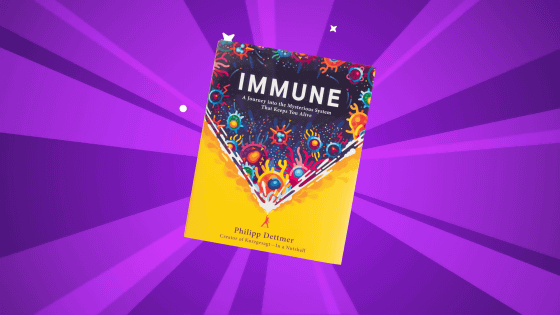
At the time of writing the article, the book 'IMMUNE' introduced in the movie is sold on Amazon.co.jp for 2132 yen including tax for the Kindle version and 4171 yen including tax for the hardcover version.
Amazon.co.jp: Immune: The new book from Kurzgesagt --a gorgeously illustrated deep dive into the immune system (English Edition) Ebook: Dettmer, Philipp: Foreign books

Related Posts:







